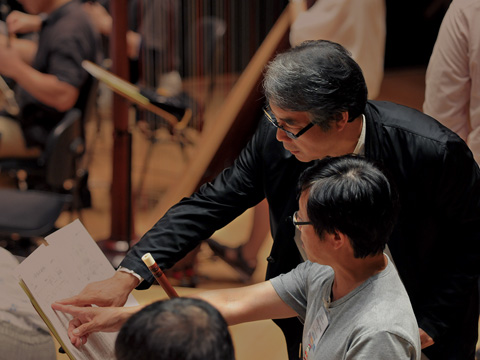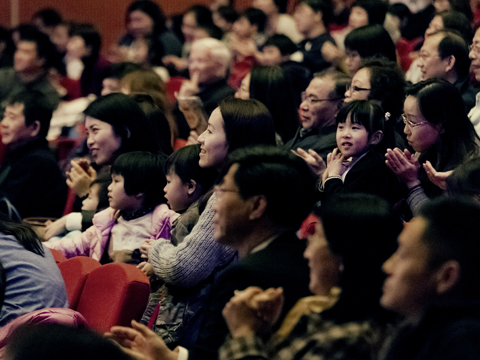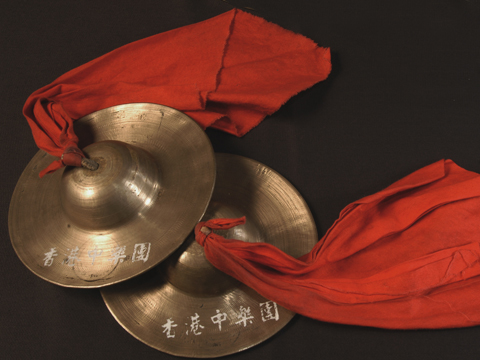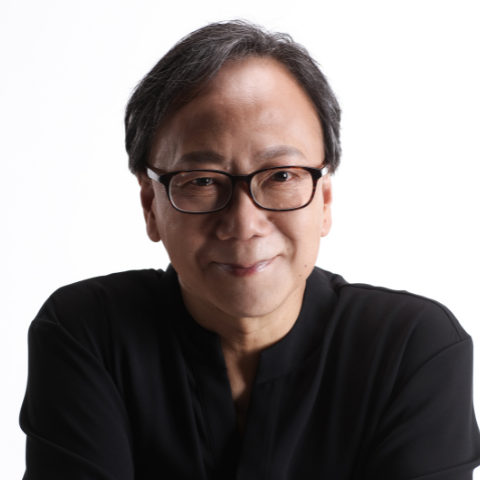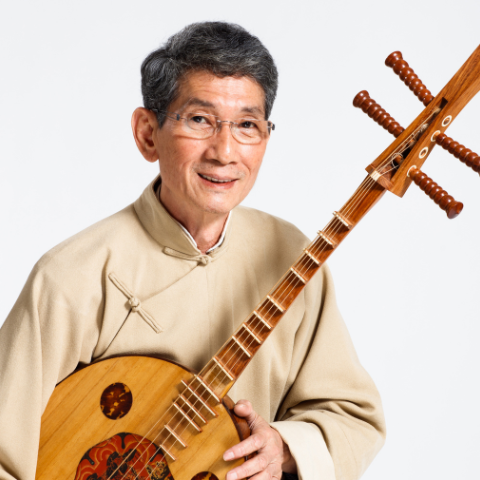
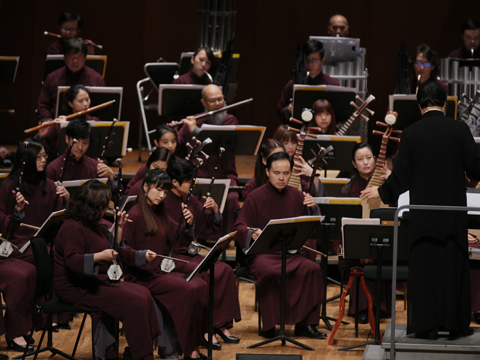
HKCO
Hong Kong Chinese Orchestra Environmental, Social and Governance Artistic Director and Principal Conductor for Life Orchestra Members Council Advisors & Artistic Advisors Council Members Management Team Vacancy Contact Us (Tel: 3185 1600)

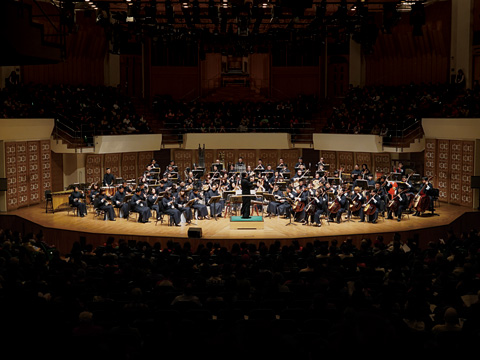
Concerts

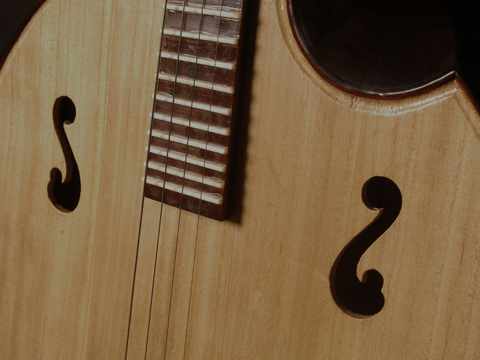
Education
The HKCO Orchestral Academy Hong Kong Youth Zheng Ensemble Hong Kong Young Chinese Orchestra Music Courses Chinese Music Conducting 賽馬會中國音樂教育及推廣計劃 Chinese Music Talent Training Scheme HKJC Chinese Music 360 The International Drum Graded Exam

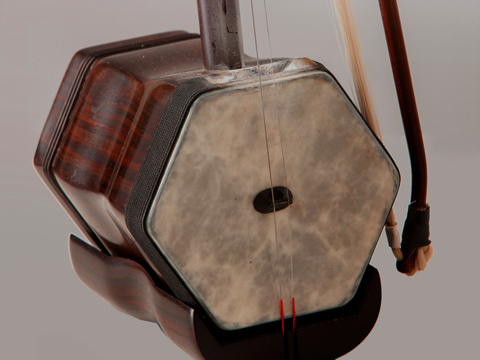
Instrument R&D
Eco-Huqins Chinese Instruments Standard Orchestra Instrument Range Chart and Page Format of the Full Score Configuration of the Orchestra
44th Orchestral Season

Favourite Tunes in Cantonese Music 2021 (Tickets Sold Out)
Houguan, Suona: Law Hang Leung
Seven-Lu Qinqin, Yueqin: Yuen Shi Chun
A Song of Triumph Ancient Tune Arr. by Lo Wai Leung
Two Dragons Playing with a Pearl Lui Man-shing Arr. by Lo Wai Leung
Houguan Solo The Toll of the Temple Bells Cui Weilin
Houguan: Law Hang Leung
Five-piece Combo (‘Taut Bow’) Butterflies Flying in Pairs Traditional Music
Erxian: Wong Sum Ho
Zhutiqin: Mak Ka Yin
Yueqin: Yuen Shi Chun
Xiaosanxian: Wong Yui Kiu
Houguan: Lo Wai Leung
Two Cantonese Wind-and-Percussion Pieces
Dizi and Percussion An Ingot of Gold Ancient Tune Transcribed & Arr. by Lo Wai Leung
Dizi Lead: Chan Chi Yuk, To Fung Lim
Suona and Percussion Da-Kai-Men, Xiao-Kai-Men Set Tunes in Cantonese Opera Transcribed & Arr. by Lo Wai Leung
Suona Lead: Law Hang Leung, Lo Wai Leung
Lead instrument: Seven-Lu Qinqin, with Dongxiao, Yehu and Percussion Rain Lashing on the Plantain Cantonese Music Qinqin score by Yuen Shi Chun
Seven-Lu Qinqin: Yuen Shi Chun
Yehu: Wong Sum Ho
Dongxiao: Chan Chi Yuk
Percussion: Luk Kin Bun, Chin Kwok Wai
Lead instrument: Seven-Lu Qinqin Jingling Bells of the Hungry Horse Ancient Tune Compiled by Yuen Shi Chun
Seven-Lu Qinqin: Yuen Shi Chun
Yehu: Wong Sum Ho
Dongxiao: Chan Chi Yuk
Percussion: Luk Kin Bun, Chin Kwok Wai
Two Pieces of Spirit Music
Smooth Sailing Lam Ho-yin Arr. by Lo Wai Leung
Dance of the Dragon and the Phoenix in the Sky Chu Siu-leung Arr. by Lo Wai Leung
Suona Solo
The Life of the Party Li Jinguang Arr. by Lo Wai Leung (Premiere)
I Want Your Love Yao Min Arr. by Wei Shen-fu (Arrangement commissioned by the HKCO /Premiere)
Suona: Law Hang Leung
Beautiful Clouds Chasing the Moon Ren Guang Arr. by Law Wai-lun
Hong Kong - the City that Never Sleeps (Summer Night from A Song of the Four Seasons) Peng Xiuwen
The Bachelor Arr. by Lo Wai Leung after the composition by Lui Man-shing (Premiere)
Cantonese Music - A Century Old but Very Much Alive
Chow Fan-fu
Among the fifteen pieces of Guangdong music on the programme of this concert, most may well be called ‘Cantonese music’ as the genre originally referred to folk instrumental music commonly heard in Guangzhou, the Pearl River Delta and the Greater Bay Area. It is closely associated with Hong Kong because of the area’s proximity. The energy of its historical lineage has continued its momentum over the past century. The programme tonight not only traces the various aspects of Cantonese music, but also allows everyone in the audience to feel the vitality of the genre. Therein, too, lies the origin of the concert title, ‘Favourite Tunes in Cantonese Music’.
The unique features and pronounced regional flavour of Cantonese music in terms of style, instrumentation and configuration, performing techniques and formats, melody and temperament, represent the culmination of a gradual development process that took place over an extended period of time. In its early days, Cantonese music existed largely as entr’acte pieces for Cantonese operas, or used to highlight actions within a plot – examples are the suona and percussion music of Da-Kai-Men and Xiao-Kai-Men in this concert. From the 1920s, they became widely popular in the Pearl River Delta, all over the Guangdong province, and in the Hong Kong and Macao regions. Pioneers of this musical genre included Ho Lau-tong (‘He Liutang’ in putonghua), Yim Lo-lit (‘Yan Laolie’), Yau Hok-chau, Yik Kim-chuen, and Cantonese music’s ‘Great Four’ who were based in Hong Kong – Lui Man-shing, Wan Chi-chung, Ho Tai-sor and Ching Ngok-wai. Later there were Siu Tit-hung, Chen Junying, Chan Man-tat and Chen Deju. Together, these musicians not only helped to remodel musical instruments and innovate the performing techniques, but also composed numerous new works with a distinctive character that set Cantonese music completely apart from Cantonese Opera, and put the genre on an equal footing with ancient tunes of the northern Central Plains and sizhu (silk and bamboo) music of Jiangnan (region south of the Yangtze River). Since the 1930s, Cantonese music has gained popularity in Guangdong, Hong Kong, Macao and other major cities in China.
Hong Kong as the cornerstone of Cantonese music
Hong Kong in the 1920s and 1930s grew into a cornerstone for the development of Cantonese music. The activities of many musicians in the field were intimately linked to Hong Kong. For instance, Yau Hok-chau (1880–1942), whose specialties were the wind instrument suona and the plucked-string yangqin, not only wrote well-known Cantonese tunes like In Celebration of Good Times, Lion Rolling a Ball, Two Dragons Playing with a Pearl, and Sheng-Sheng-Man, also published several books including A Handbook of String Music (1916), New Sounds in Chinese Music, A New Compilation of Yangqin Studies, and The Best of Yangqin Music (1928). Another renowned figure in Cantonese music, Ho Lau-tong (1874–1933), collaborated with Lui Man-shing and Wan Chi-chung to establish the music section of Lam Long Wan King Society. Ho also composed The Dragon Boat Race and Rain Lashing on the Plantain, among others.
As a region, the Pearl River Delta has always enjoyed prosperity, while Hong Kong and Macao are confluences between East and West. Moreover, Cantonese people are mentally agile and adapt readily to changes. As such, Cantonese music not only associated closely with folk tunes and ballads of traditional Cantonese operas and the many paiziqu (set tunes) in Guangdong music, but also started to incorporate western musical instruments like the violin, trumpet, clarinet, and saxophone into its repertoire of instruments. In the 1930s, a sub-genre of Cantonese music known as Spirit Music appeared (Smooth Sailing and Dance of the Dragon and the Phoenix in the Sky in this concert). This was actually the earliest jazzification and popularization of Cantonese music, delivered in a nightclub style. Meanwhile, Lui Man-shing modified the erhu into the yuehu and Wan Chi-chung developed the Guangdong violin (fan ling) from the standard instrument by making changes to its tuning and playing techniques. Such innovations greatly enhanced the expressiveness of Cantonese music, and made it into a genre rich in vigour.
It is worth noting that Cantonese music has an immense capacity to accommodate other music styles and cultures. Since the 1950s, many genres of Hong Kong’s music, including Mandarin songs, Cantopop, film scores, and themes from television dramas have all been ‘transformed’ into what is now generic Cantonese music. Examples include I Want Your Love, Beautiful Clouds Chasing the Moon, Hong Kong – the City that Never Sleeps (Summer Night from A Song of the Four Seasons) which are featured in this concert. That is why the Cantonese music of Hong Kong touches a happy chord in the listeners with its soft, delicate, gentle, active and vivacious sounds that enliven the spirit with their humanism. Such a magic can be felt not just in pieces like Two Dragons Playing with a Pearl, Butterflies Flying in Pairs, and The Life of the Party, but also in the more tranquil and melancholic melodies like The Toll of the Temple Bells. The ‘Favourite Tunes in Cantonese Music 2021’ concert may well convince everyone that this accommodating, empowering force of Cantonese music will prevail into its second century.
Your Support
Friends of HKCO
Copyright © 2025 HKCO
